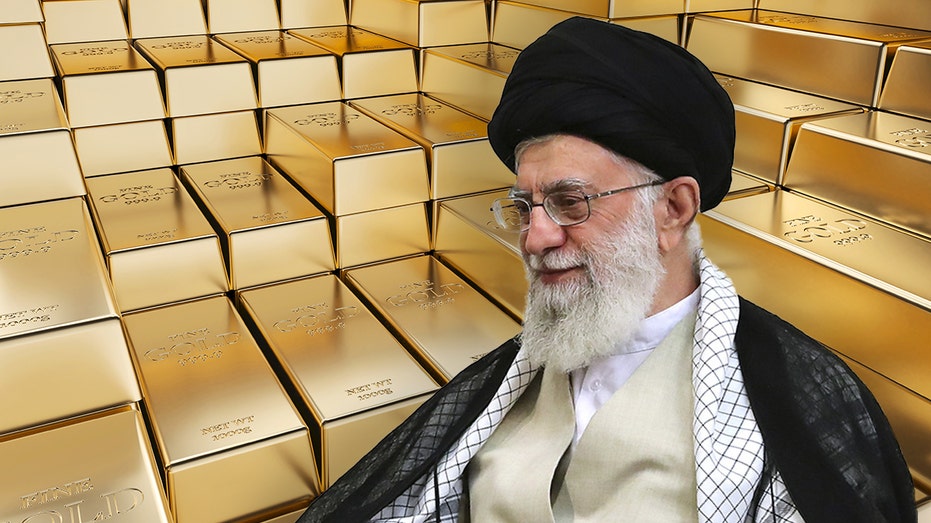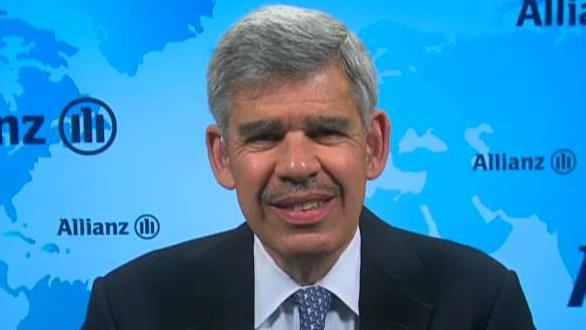Gold best protection as US-Iran tensions heat up: Goldman Sachs
Gold is a 'better hedge' than oil
Gold is the best way to protect your portfolio from rising tensions between the U.S. and Iran, according to Goldman Sachs.
Owning long gold is a “better hedge” than oil to safeguard against geopolitical risks, wrote Jeffrey Currie, global head of commodities at Goldman Sachs, in a note to clients on Monday.
Gold has spiked 3.7 percent to $1,578 an ounce, its highest since April 2013, since a U.S. led-airstrike killed Iranian Gen. Qassem Soleimani, head of the Islamic Revolutionary Guard Corps' elite Quds Force, on Thursday. Meanwhile, Brent crude oil, the international benchmark, has rallied more than 5 percent to $69.45 a barrel.
WHY MARKETS AREN'T IN CHAOS AMID ESCALATING TENSIONS WITH IRAN: EL-ERIAN
In response to the airstrike, Iran said it will fully withdraw from the 2015 nuclear deal and has promised to avenge Soleimani’s death. President Trump said any Iranian retaliation will not go unpunished.
"Spikes in geopolitical tensions lead to higher gold prices when they are severe enough to cause currency debasement," Currie wrote. "This most often happens during wars or military escalations."
He has a $1,600 price target for gold but noted “upside risks” to the forecast if “geopolitical tensions worsen.”

Oil prices often rise during periods of geopolitical tensions, especially in the Middle East, amid worries maritime transit could be disrupted in the Strait of Hormuz, the world’s most important oil chokepoint. The strait sees about 21 million barrels, or 21 percent of global petroleum liquids consumption, flow through it each day, according to the U.S. Energy Information Administration.
However, barring a “major supply disruption” Currie thinks oil’s risks are “skewed to the downside” after a year-end rally brought the price of Brent crude oil above the bank’s fair value price of $63.
The U.S. became a net petroleum exporter in September and is now “less sensitive to oil disruptions and price spikes" than it has been in the past, Currie wrote.
Mohamed El-Erian, chief economic adviser at the Frankfurt-based Allianz Global Investors, with $623 billion in assets under management, agreed with that view. He told FOX Business’ Maria Bartiromo that the U.S. is “less sensitive and less vulnerable” to the oil price swings of the past now that it is the largest producer.
Others, like Krishna Memani, former vice chairman of investments at Invesco, a management firm with $1.2 trillion in assets under management, are looking elsewhere to protect their portfolios.
CLICK HERE TO READ MORE ON FOX BUSINESS
“Gold and bonds probably act alike, so I would rather have bonds than gold,” he told Bartiromo. “It’s a hedge, and bonds are probably a better hedge in this environment.”




















